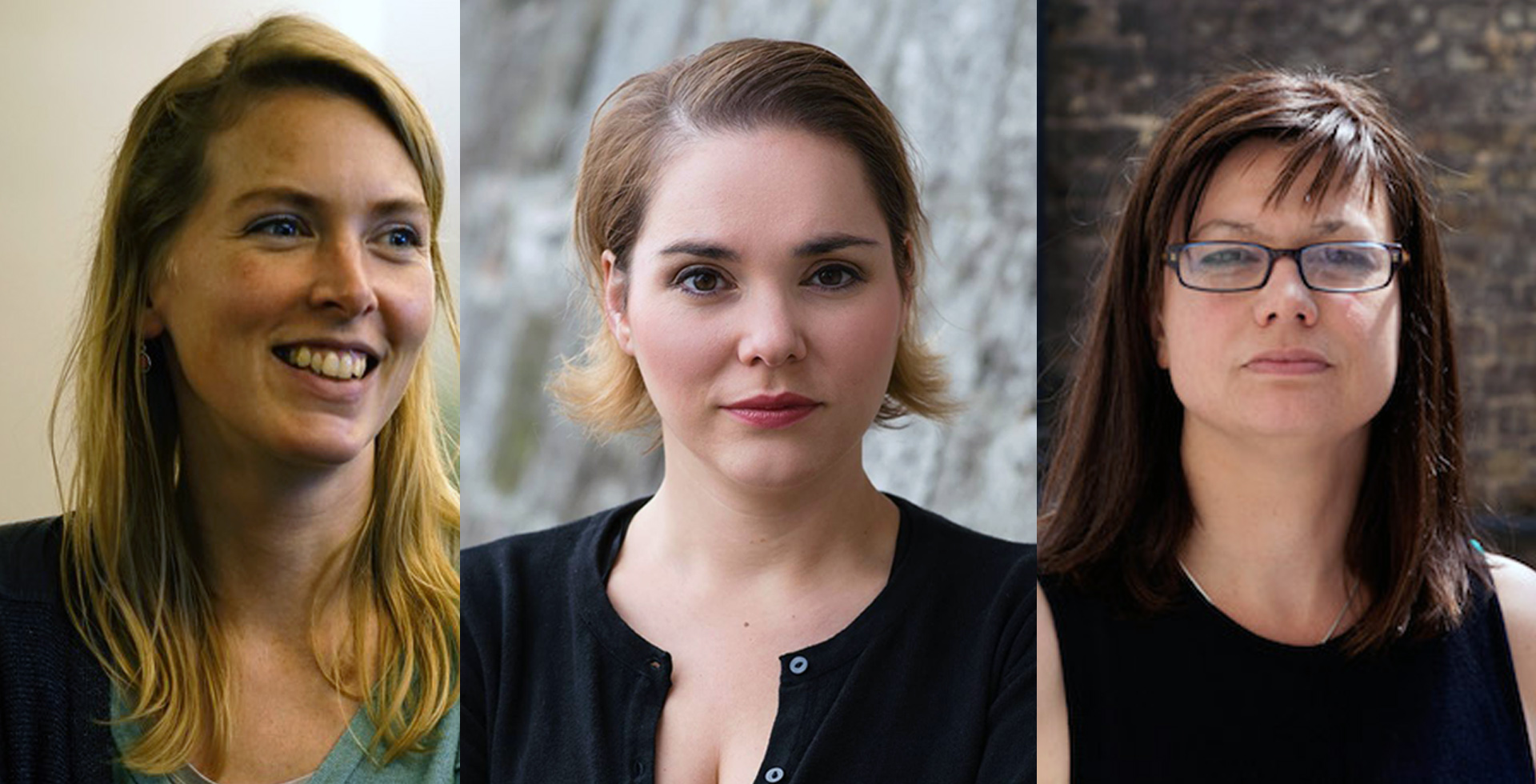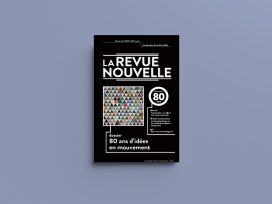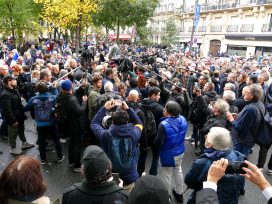Zine renaissance and hyperlocal news
Eurozine podcast part 2: Local journalism in the digital age
Listen to “Eurozine Podcast Part II: Local journalism in the digital age” on Spreaker.
Globalization was supposed to connect people, but instead ended up connecting the powerful. Local news is rapidly disappearing and leaving crucial stories unreported, communities unrepresented and disconnected, a side-effect of digitalization and the ownership concentration in media markets. But local and hyperlocal media play an important role in sustaining robust and resilient regimes of public service. In an age of technological changes and political pressure, niche publications and a renaissance of zines lead the quest for new, sustainable models in publishing.In the second instalment of the special edition Eurozine podcast series, produced by Talk Eastern Europe, Eurozine editor-in-chief Réka Kinga Papp talks media models old and new with Rachael Jolley, editor of Index on Censorship and philosopher Miriam Rasch of the Institute of Network Cultures.

The podcast was recorded in November 2019 at the 30th European Meeting of Cultural Journals.
Find the first part of the special edition podcasts here:
Published 9 March 2020
Original in English
First published by Eurozine
© Rachael Jolley / Réka Kinga Papp / Miriam Rasch / Eurozine / New Eastern Europe
PDF/PRINTPublished in
In focal points
- Understanding the silent war
- Why conspiracy theories soar in times of crises
- ‘We aren’t telling you what we think – we’re showing you what we know’
- The BBC bounces back
- The business of disinformation
- Public media is a public service!
- The degradation of politics
- A loaded gun
- Ordinary propagandists
- Gone viral
Newsletter
Subscribe to know what’s worth thinking about.
Related Articles

Polish journalists, micromanaged by the authorities, tread a fine line between boondoggling and ritually sensationalizing political debate. The following fragment from ‘Bullshit Journalism: Why is it so bad to work in the Polish media?’ gives voice to professionals under duress.

Afraid of falling behind, businesses are rushing to implement AI – even if their industries might not be ready for it. In this Standard Time episode, we explore generative AI’s impact on media and journalism, and ask whether its making us smarter or dumber.







